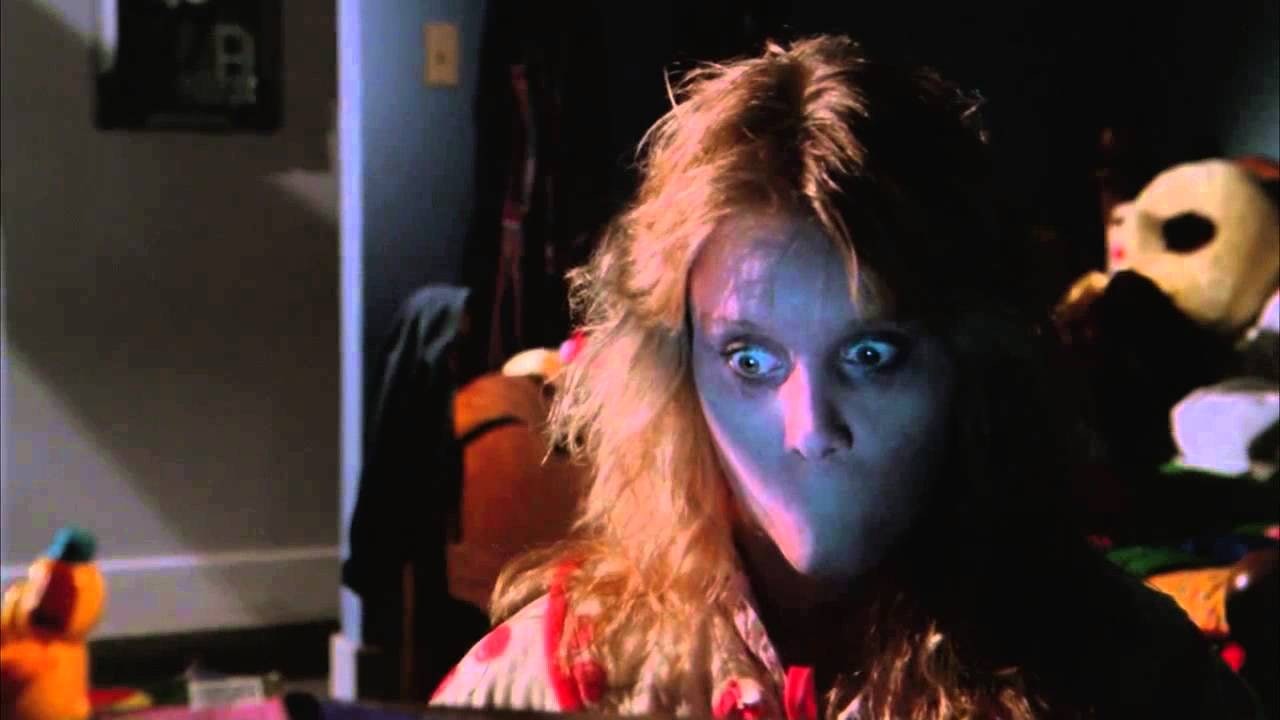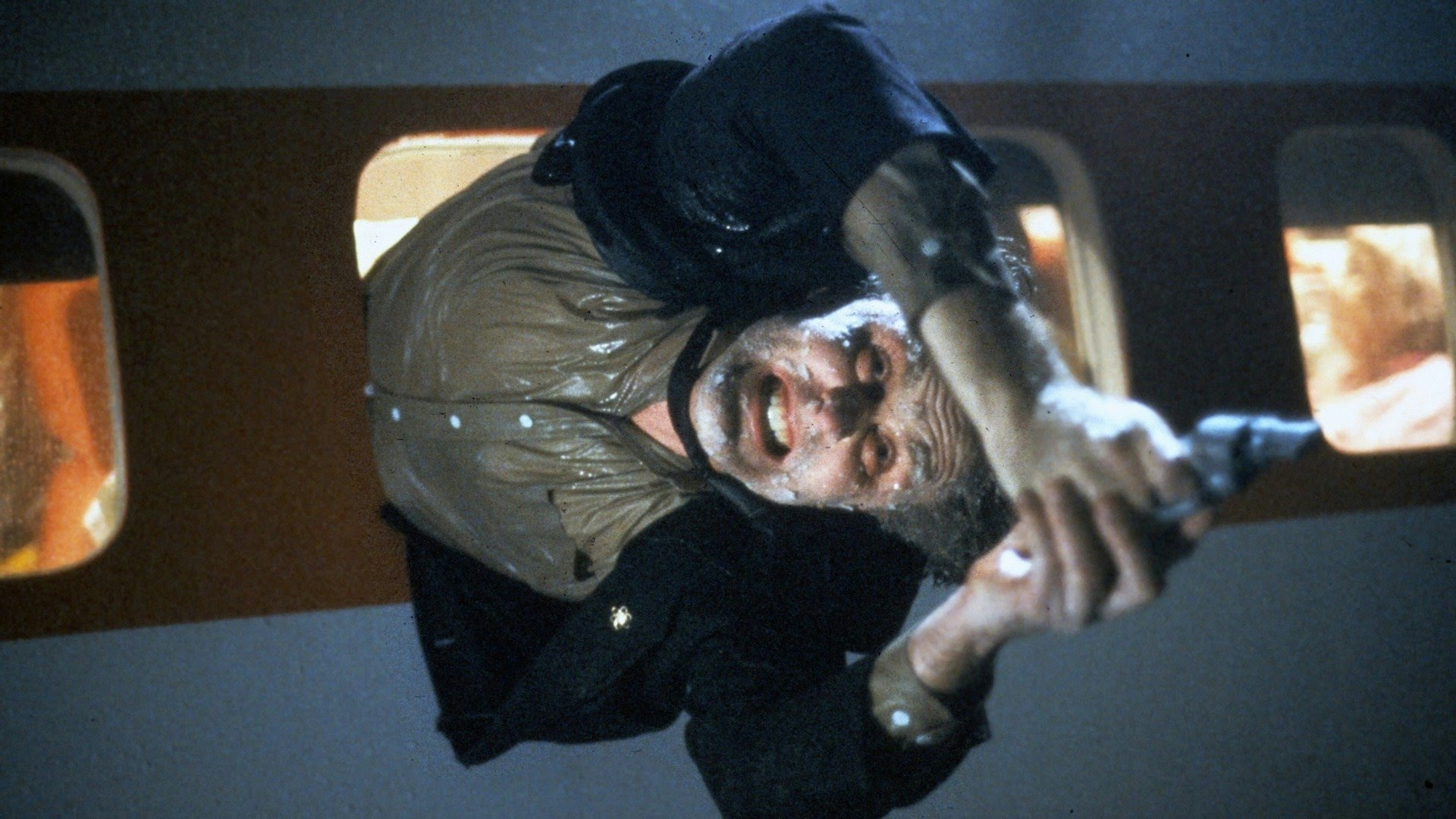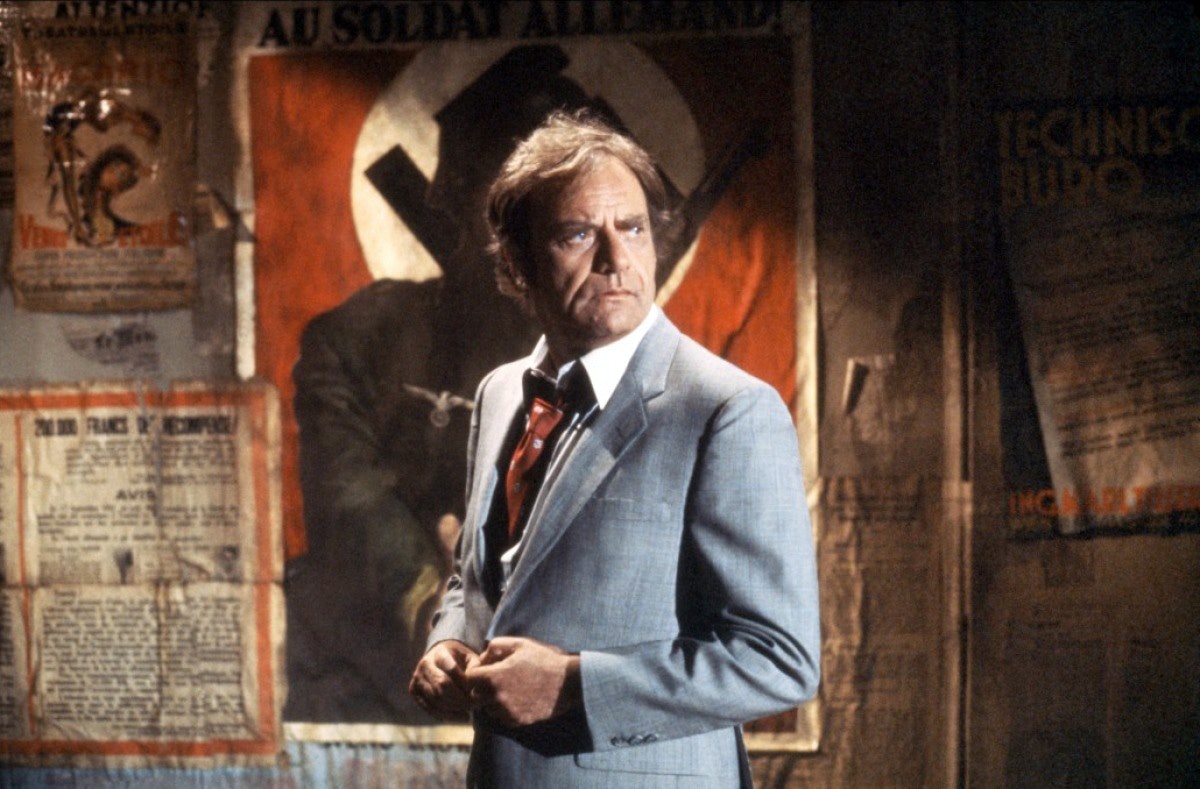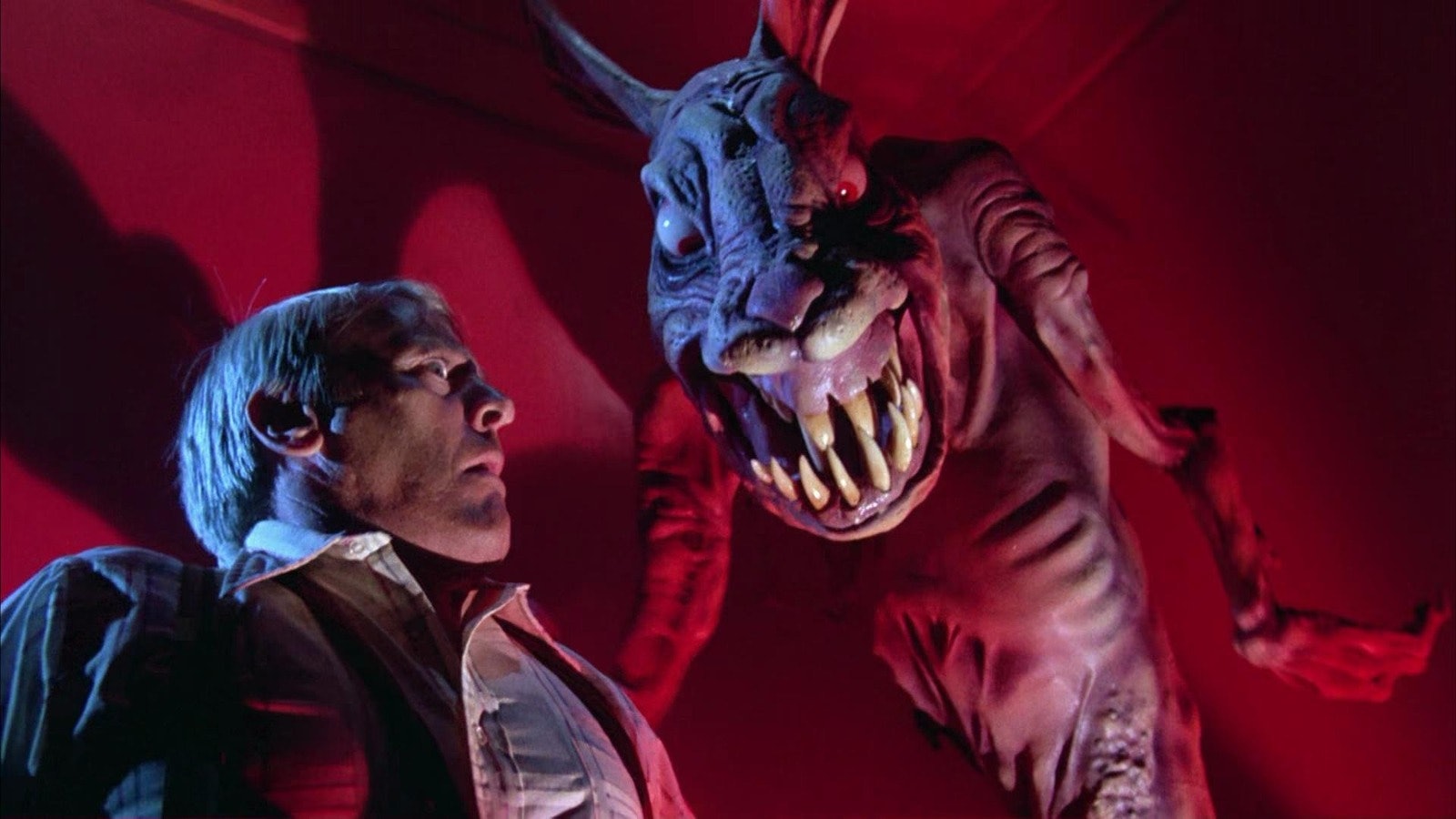
When it comes to Twilight Zone: The Movie, tragedy is usually what people think of. But, four decades since its theatrical premiere, Hollywood is much safer because of it.
The movie adaptation of Rod Serling’s iconic sci-fi series featured four different stories by directors Steven Spielberg (who helmed “Kick the Can”), Joe Dante (“It’s a Good Life”), George Miller (“Nightmare at 20,000 Feet”), and John Landis (“Time Out”) piecing together the anthology. With an ensemble cast that included Dan Aykroyd, Albert Brooks, Scatman Crothers, and Nancy Cartwright, the movie achieved moderate box office success.
And that’s worth noting, considering the movie’s tainted legacy.
The accident happened on Landis’ watch. Vic Morrow starred in his segment, which follows a scathing racist as time travel makes him a Black man pursued by the KKK in 1950s America, a Jew in Nazi-occupied France, and a Vietnamese man fleeing American soldiers during the Vietnam War. Morrow’s Bill suffers a grim ending, and Morrow himself never lived to see the movie hit theaters.
The cast and crew were on location for a night shoot in the Santa Clarita region of Southern California, which doubled for Vietnam. In the early morning, Morrow was tasked with escorting two Vietnamese children (played by Muca Dinh Le and Renee Shin-Yi Chen) across a river to safety as an armed helicopter pursued them during an air raid. Between the use of live explosives and Landis’ demands for the copter to fly dangerously low, an explosion took down the aircraft and killed the three actors. Morrow was 53 years old. Le was 7, and Chen was 6.
The catastrophe rocked Hollywood and led to a drawn-out trial. Aside from multiple safety regulations being ignored, the children Morrow was working with were hired illegally. It was also illegal for child actors to be on a set that late into the night.
Dorcey Wingo, a Vietnam veteran who flew the helicopter, was acquitted of manslaughter charges but lost his pilot’s license. Landis continued directing movies until the trial began in 1985, helming the comedies Spies Like Us and Three Amigos. In 1988, the year following his acquittal, Coming to America hit it big at the box office.
Landis avoided legal accountability, but his reputation began a downward turn. During the press tour for Coming to America, star Eddie Murphy famously stated, “Vic Morrow has a better chance of working with Landis [agan] than I do.” In 2012, he doubled down on this assertion to Playboy.

“I don't want to say who was guilty or who was innocent,” Murphy said. “But if you're directing a movie and two kids get their heads chopped off at f***ing twelve o'clock at night when there ain't supposed to be kids working, and you said, ‘Action!’ then you have some sort of responsibility.”
Landis continued making movies, but as he dealt with civil suits and public backlash, his mid-’80s box office glory faded. Production safety, on the other hand, received an overhaul.
Before Twilight Zone: The Movie, filmmakers exploited loopholes to meet schedule and budget goals. But that all changed. John Silva, Vice President at Warner Bros., assembled a committee to create a list of standards known as Safety Bulletins to address special effects ranging from gunfire to fixed-wing aircraft to pyrotechnics.
“It was like lawmaking,” Chris Palmer, a risk-management consultant on the committee, told Slate. “The committee had to parse words like ‘would, shall, and must’ because of the possibility of negligence lawsuits overtaking Hollywood if they were too strict in the wording.”

As with any attempted remodel of an established industry, it took time. But immediate concerns were felt by some other big names.
Clue director Jonathan Lynn revealed to Entertainment Weekly that, due to the Twilight Zone accident, he was forced to re-think a scene that featured a chandelier crashing to the ground near Colonel Mustard (Martin Mull). “The only thing we storyboarded was the chandelier falling, and I was too safety conscious,” he said. “It fell too far from Martin in my view. But I was very safety conscious because producer John Landis had just had a terrible accident on the set of The Twilight Zone.”
In a key scene of Stand By Me, stars Wil Wheaton, Jerry O’Connell, River Phoenix, and Corey Feldman run along train tracks set high on a bridge as a train barrels down on them. Debut director Rob Reiner told The Guardian in 2021, “The train sequence was difficult. For long shots we had stunt doubles and when I did shots with the actual boys, we used long lenses so the train looked like it was right on top of them even though it hadn’t even entered the trestle.”
Progress takes time, and accidents still happened. In the years since Twilight Zone: The Movie, pilot Art Scholl died after his camera plane crashed on the set of Top Gun; Reid Rendell, a stuntman on the 1980s action series Airwolf, died in a helicopter crash; Midnight Rider camera assistant Sarah Jones died in a train crash after production negligence placed her, the crew, and cast on a set of train tracks illegally; and The Crow star Brandon Lee, Voyagers actor Jon-Erik Hexum, and Rust director of photography Halyna Hutchins were all killed by mishandled guns loaded with blanks.

To this day, a new Safety Bulletin is submitted after every production issue, from minor mishaps to deadly accidents. After stunt legend Dar Robinson died during the shooting of Million Dollar Mystery, having an ambulance on set became the industry norm, Slate stated.
And while Landis escaped incarceration, Midnight Rider director Randall Miller, producers Jody Savin and Jay Sedrish, and first assistant director Hillary Schwartz were charged with involuntary manslaughter in 2015. Miller served two years in prison, was ordered to pay a $20,000 fine, and is banned from serving as a director or assistant director until 2025. His punishment marked the first time a filmmaker was held responsible for a death on set.
Because of Twilight Zone: The Movie and subsequent industry safety changes, insurance companies began to take the movie industry seriously. In a grim irony, they once dubbed the movie business too unsafe to profit from, but Hollywood is a better investment now. Insurance companies certify every step, from staff resumes to the materials used in action sequences. And it’s all due to the Safety Bulletins.
Twilight Zone: The Movie has a damned legacy, but it led to enduring progress in how movies and TV shows are made. Hollywood isn’t perfect, and there are always problems to be addressed, but making safety the number one priority has shifted the filmmaking business for the better.







